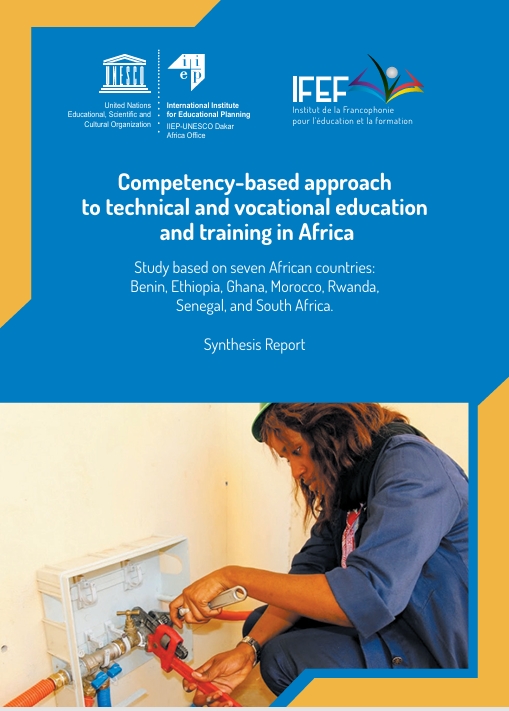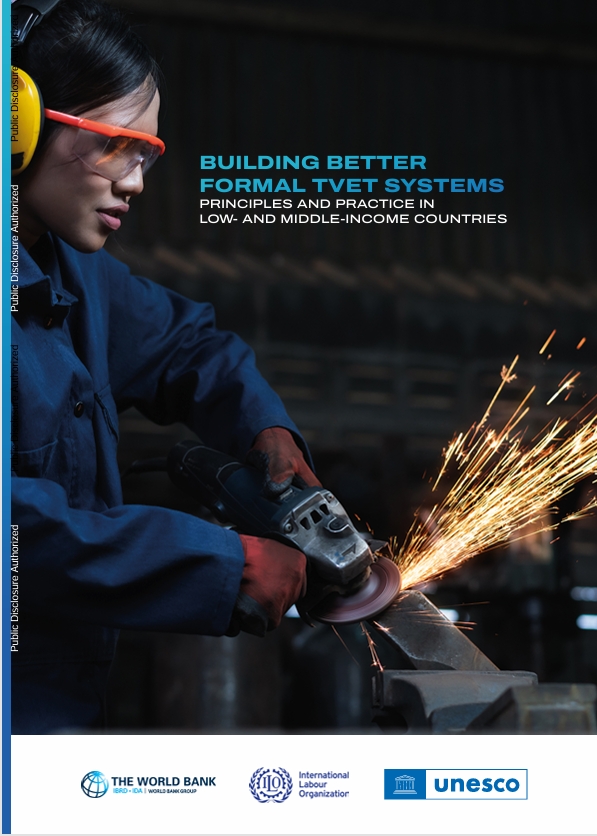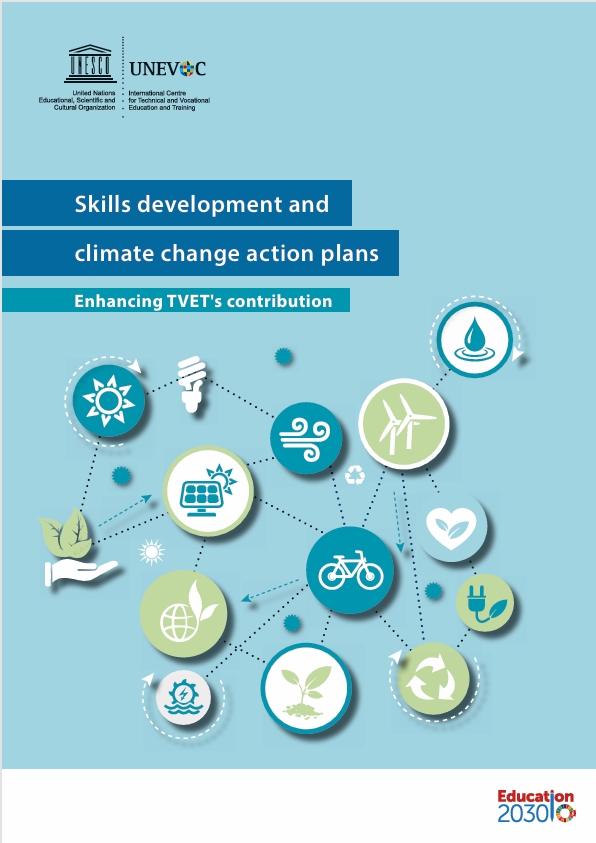Foreword by Andreas Schleicher,
Organisation for Economic Co-operation
and Development (OECD)
Education disrupted –
education rebuilt
As school after school shuts down in the face of the Covid-19 crisis (in now more than
150 countries), digital learning has risen from a nice-to-have extracurricular facility
to become the lifeline for education. But the opportunities that digital technologies
offer go well beyond a stop-gap solution during the crisis. Digital technology allows
us to find entirely new answers to what people learn, how people learn, where people
learn and when they learn. Technology can enable teachers and students to access
specialised materials well beyond textbooks, in multiple formats and in ways that
can bridge time and space. Alongside great teachers, intelligent digital learning
systems cannot just teach us science, but they can simultaneously observe how we
study, how we learn science, the kind of tasks and thinking that interest us, and the
kind of problems that we find boring or difficult. The systems can then adapt the
learning experience to suit our personal learning style with far greater granularity
and precision than any traditional classroom setting possibly can. Similarly, virtual
laboratories give us the opportunity to design, conduct and learn from experiments,
rather than just learning about them.
That being said, the Covid-19 crisis strikes at a point when most education systems
are not ready for the world of digital learning opportunities. According to PISA,
little more than two-thirds of 15-year-old students in OECD countries are enrolled
in schools where digital devices have sufficient computing capacity, and even in a
technologically advanced country such as Japan, just 40% of 15-year-old students are
in schools with adequate software for learning. On average across OECD countries,
just about half of 15-year-olds are in schools with an effective online learning support
platform, and two-thirds in schools where principals consider that their teachers
have the necessary technical and pedagogical skills to integrate digital devices in
instruction.
The state of technology in schools mirrors the state of mind of our school systems.
Our school systems were invented in the industrial age, when the prevailing norms
were standardisation and compliance, and when it was both effective and efficient
to educate students in batches and to train teachers once for their entire working
lives. The curricula that spelled out what students should learn were designed at the
top of the pyramid, then translated into instructional material, teacher education
and learning environments, often through multiple layers of government, until they
reached and were implemented by individual teachers in the classroom.
This structure, inherited from the industrial model of work, makes change in a fastmoving world that is vulnerable to disruptions and crises far too slow. The changes in
our societies have vastly outpaced the structural capacity of our current education
systems to respond. Even the best education minister can no longer do justice to
the needs of millions of students, hundreds of thousands of teachers and tens of
thousands of schools. The challenge is to build on the expertise of our teachers and
school leaders and enlist them in the design of superior policies and practices. This
is not accomplished just by letting a thousand flowers bloom; it requires a carefully
crafted enabling environment that can unleash teachers’ and schools’ ingenuity
and build capacity for change. It requires innovators who challenge institutional
structures that too often are built around the interests and habits of educators and
administrators rather than learners, innovators who are sincere about social change,
imaginative in policy making, and capable of using the trust they earn to deliver
effective reforms.
These innovators exist, and there are many of them. And while our school systems
were sleeping, organisations like HundrED have spent years to mobilise,






